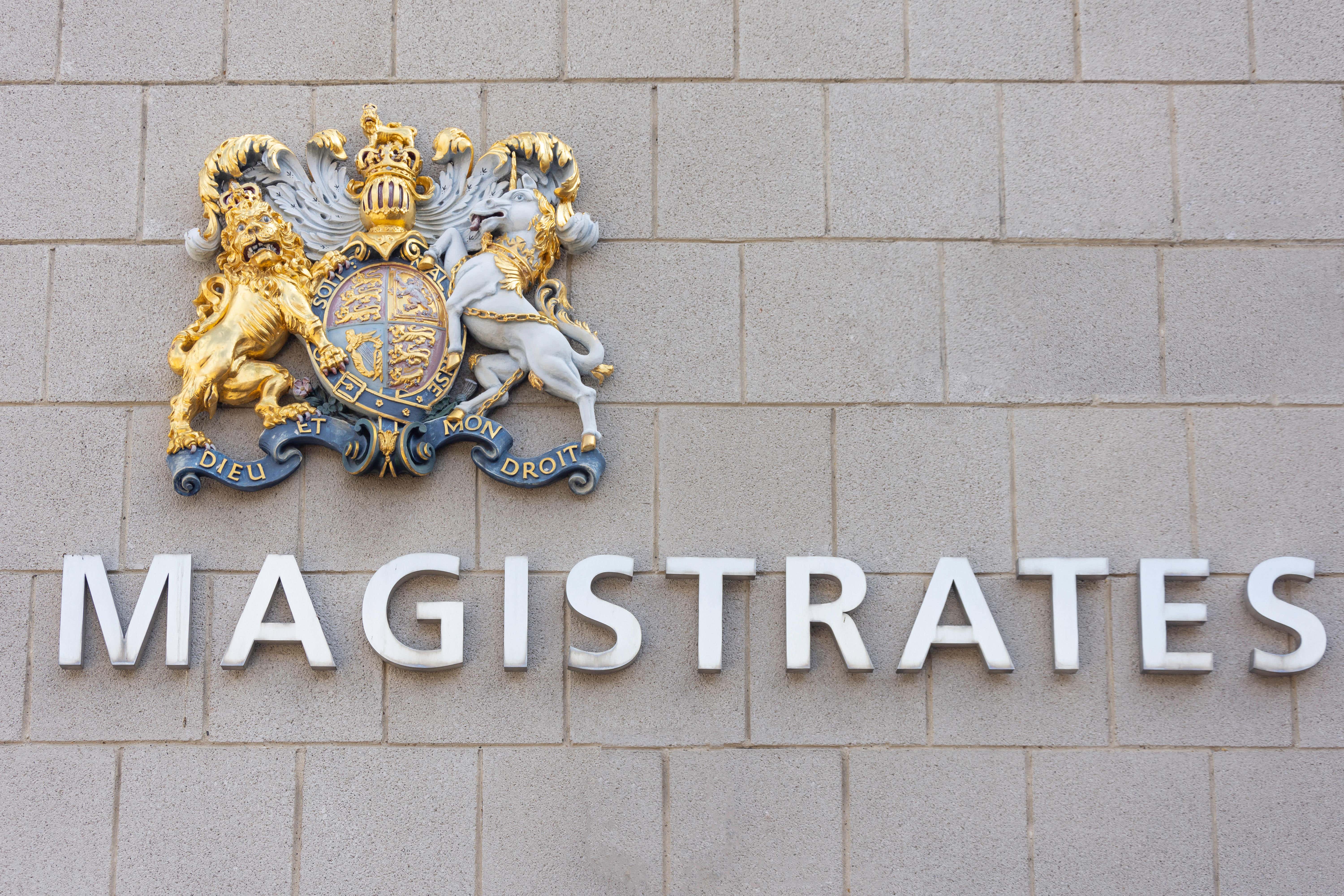Justice Secretary to consider changes to single justice procedure
The Conservative frontbencher said the system ‘works well’ but might need to be ‘refined’ amid concerns for vulnerable people.

Justice Secretary Alex Chalk has suggested a system allowing certain offences to be prosecuted behind closed doors needs reforming, amid concerns from magistrates.
Mr Chalk said “fairness is non-negotiable” for the single justice procedure (SJP) before telling MPs he believes there is an “issue about transparency”.
He added the SJP “works well” but there is a need to consider “whether it ought to be refined”, with Conservative MP Andy Carter noting that some vulnerable individuals might not have their mitigation addressed.
The principle behind the single justice procedure is good. I've sat on cases myself in SJP courts, but there are some concerns, particularly around vulnerable individuals who may have mitigation that is not necessarily being addressed
Offences dealt with under the SJP include using a television without a licence, dodging train fares, driving without car insurance, speeding and truancy.
It allows magistrates to handle non-custodial criminal prosecutions in private rather than open court, although a defendant always has the option to attend their hearing in person.
Some 40,000 criminal cases are handled with SJPs a month and 3,102,392 criminal cases were received into the Single Justice Service platform between April 1 2019 and September 30 2023.
The Magistrates’ Association has warned SJP “needs reform” and “there are concerns” that cases are being brought before magistrates without prosecutors, such as the DVLA or TV Licensing, reading mitigations.
Warrington South MP Mr Carter, who sits as a magistrate on the Merseyside Bench, told justice questions in the Commons: “The minister will have seen some recent journalistic reporting in relation to single justice procedure, which is an important element of the magistrates’ work.
“The principle behind the single justice procedure is good. I’ve sat on cases myself in SJP courts, but there are some concerns, particularly around vulnerable individuals who may have mitigation that is not necessarily being addressed.
“Does he agree with me that perhaps he can remind members on the bench that magistrates can already use their discretion to refer cases back to open court where prosecutors can review cases to ensure that individuals who are vulnerable are not served with injustice?”
Mr Chalk replied: “On the single justice procedure, fairness is non-negotiable so it is absolutely critical that every person who comes before the court – whether it’s via the SJP or open court – gets that fairness.
“I do think there is an issue about transparency, I think some important points have been raised and echoed by the chair of the Justice Select Committee (Conservative MP Sir Bob Neill).
“I think that’s something we ought to look at recalibrating.
“Everyone accepts the SJP procedure works well and is a useful addition, we just need to see whether it ought to be refined in the interests of promoting transparency.”
Bookmark popover
Removed from bookmarks